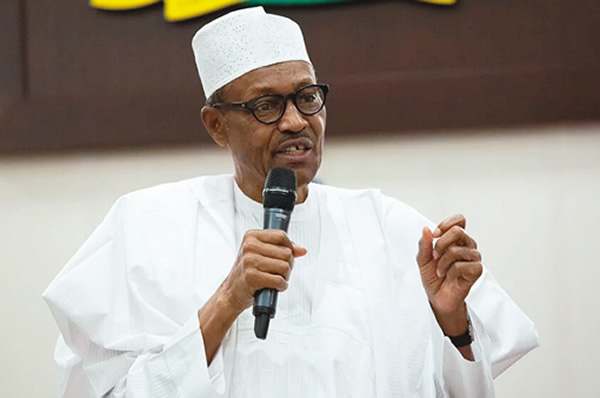Minister of Information and Culture, Lai Mohammed has said the present administration led by President Muhammadu Buhari is not only fighting corruption, but also taking steps to make corruption unattractive.
The minister said this in a statement released in Lagos on Thursday on the effectiveness of the anti-corruption strategy of the government.
According to Mohammed, “the government was not just fixated on only prosecution, but in taking preventive measures to make corruption unattractive.”
He stressed that “the strict enforcement of the Treasury Single Account, TSA, has largely reduced the diversion of government funds into secret accounts,” adding that the “TSA has also reduced the constraints in fishing out ghost workers in the public service in most states in the country.”
The information minister also pointed out that the anti-corruption campaign of the present administration is being guided by a “well-articulated strategy … contrary to the misconception in certain circles that the government is fighting corruption without a strategy.”
He noted that government’s anti-graft strategies have yielded positive results, leading to, among others, “the recovery of 40 brand new SUVs and other vehicles from one former Permanent Secretary who single-handedly appropriated the vehicles to himself when he left office.”
“Other measures to strengthen the anti-corruption fight included the establishment of Presidential Committee on Asset Recovery, Asset Tracing Committee, Asset Register, and the Whistle Blower Policy,” he said.
Mohammed also disclosed that government has finalized plans, through the Code of Conduct Bureau, CCB, to begin the test run of electronic asset declaration starting in 2017.
According to him, the new method would enhance compliance and as well as search and retrieval of data on the assets of public officers.
The minister also said that the Presidential Advisory Committee Against Corruption, PACAC, is working together with other government bodies, especially the National Bureau of Statistics, to improve data collection on corruption indicators.
He said that when the process is completed, “the data will be shared with government, periodically if possible, as regularly as government receives data on inflation and unemployment trends.
“The data will indicate trends in corruption and influence government measures to correct the situation before it gets out of hand as we have now,” he said.
Mohammed further explained that the Presidential Committee on Asset Recovery will meet regularly to collate reports from key law enforcement agencies on government’s anti-corruption effort.
He added that the recent approval of the Whistle Blower policy was designed to further enhance government’s effort to recover looted funds.
“People who give credible and useful information to government that leads to recovery of stolen public assets will be rewarded with between 2.5 per cent to 5 per cent of the recovered fund. Government will keep the identity of the whistle blower absolutely confidential,” he said.
Mohammed said the government is finalizing the constitution of an Asset Tracing Team to work with internationally reputably bodies to trace and recover public assets in private hands.
“In this regard, government will also escalate the use of non-conviction-based asset recovery methods to boost revenue and diminish corruption and the perception that crime pays or criminals can keep their loot,” he said.
The minister disclosed that the administration is collaborating with Nigerians in diaspora and international civil society organizations in the campaign for the return of looted assets.

